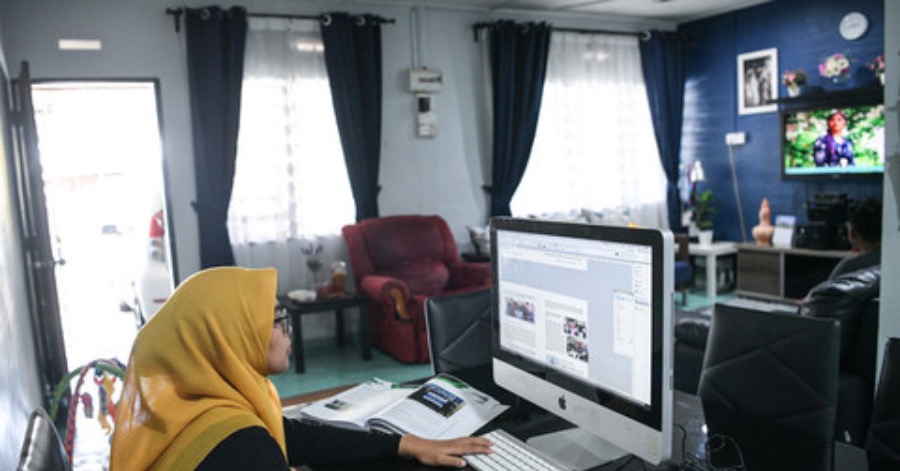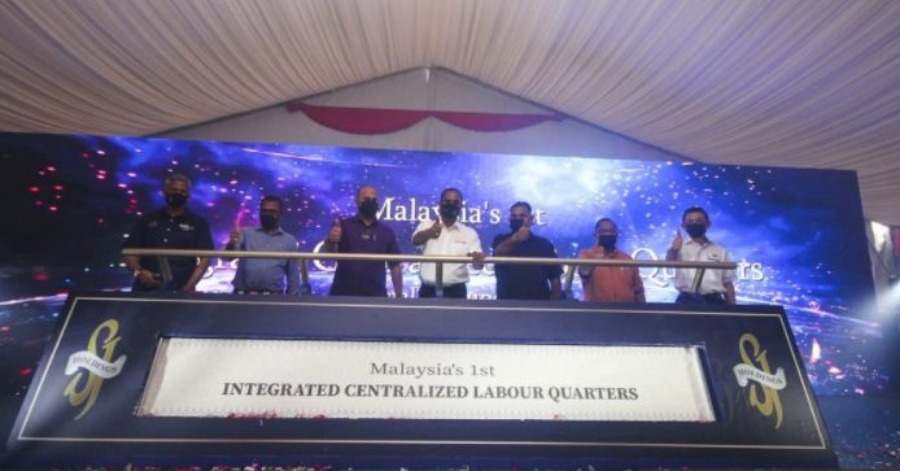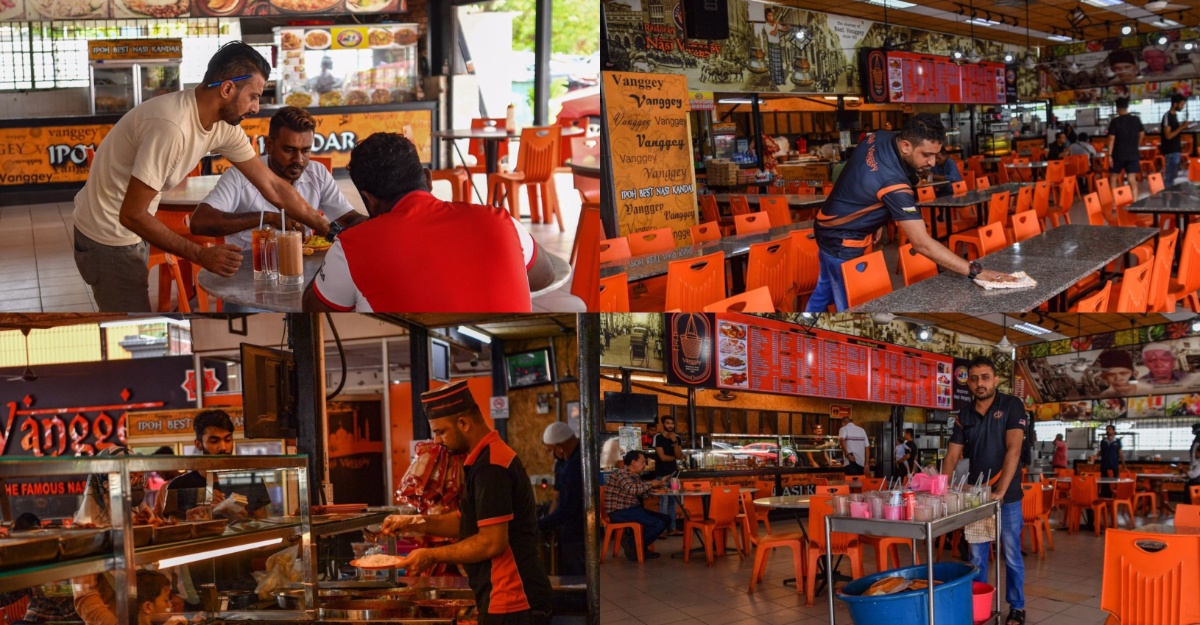KUALA LUMPUR, Sept 1 — Nine in 10 Malaysian workers are against a return to ‘normal’ working life, said a study by Skillsoft, a leading global provider of digital learning, training, and talent solutions to help organisations unleash their edge.
Based on a survey of 758 workers or people looking for work across Malaysia, Skillsoft’s report examined employee expectations in a post-COVID-19 workplace and found that 94 per cent want at least one COVID-19 practice adopted permanently in their day-to-day lives.
It stated that it is the highest figure of the three Asia-Pacific countries surveyed among Malaysia, Singapore and Australia.
While only six per cent of Malaysian workers are happy to return to how things, this figure was even lower among those aged over 55 (3.0 per cent).
The study expounds that Malaysia’s workforce appears more concerned about their own well-being at this time, with 31 per cent of workers ranking health and safety as the number one issue they want business leaders to be prioritising.
It also shows that almost half of all Malaysian workers ranked work/life balance (54 per cent) and job security (47 per cent) within their top three issues to be prioritised by business leaders and only 14 per cent ranked innovation among their top three.
“The COVID-19 period has created a trend that extends beyond flexible workplaces, towards genuine self-care. For companies to reach the other side of this pandemic in a good place, employee well-being and wellness must become a permanent focus, not just something that gets addressed during crisis,” said Skillsoft APAC vice-president Rosie Cairnes.
The report denotes the top two issues the Malaysian workforce wants their employers to support the most are, namely providing more learning and development around racial diversity (38 per cent) and supporting equal maternity and paternity leave (34 per cent).
“Other policies that Malaysians would like their organisations to introduce are offering flexible work for parents of both genders (33 percent) and monitoring, reporting and working to close the gender pay gap (31 per cent). Interestingly, one quarter (24 per cent) of male workers would like to receive unconscious bias training,” it added.
The study was conducted online by YouGov from July 30 July to Aug 3 2020 among 681 Australians, 758 Malaysians and 886 Singaporeans aged 18 years and older who are currently working or looking for work.
Source: BERNAMA









Leave a Comment